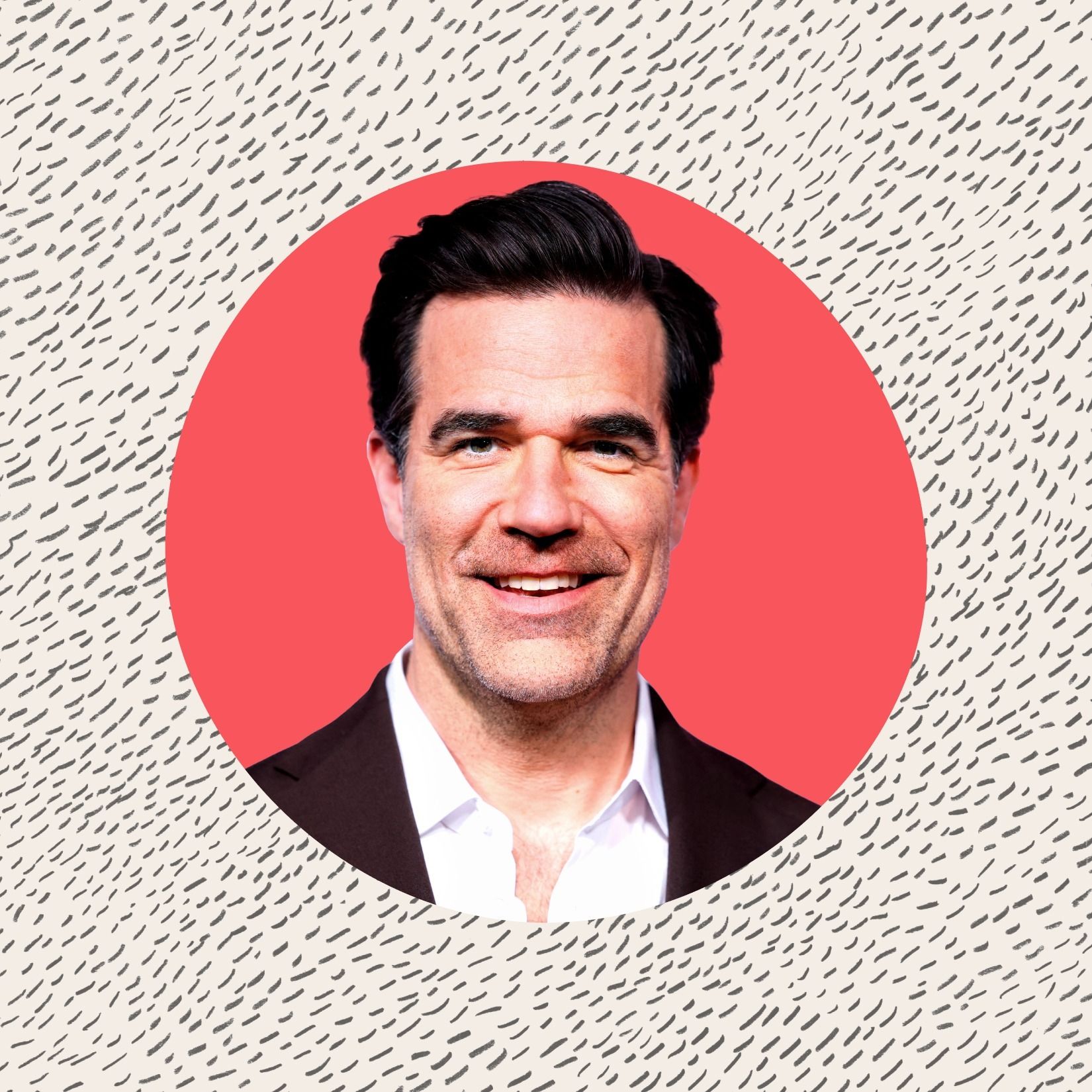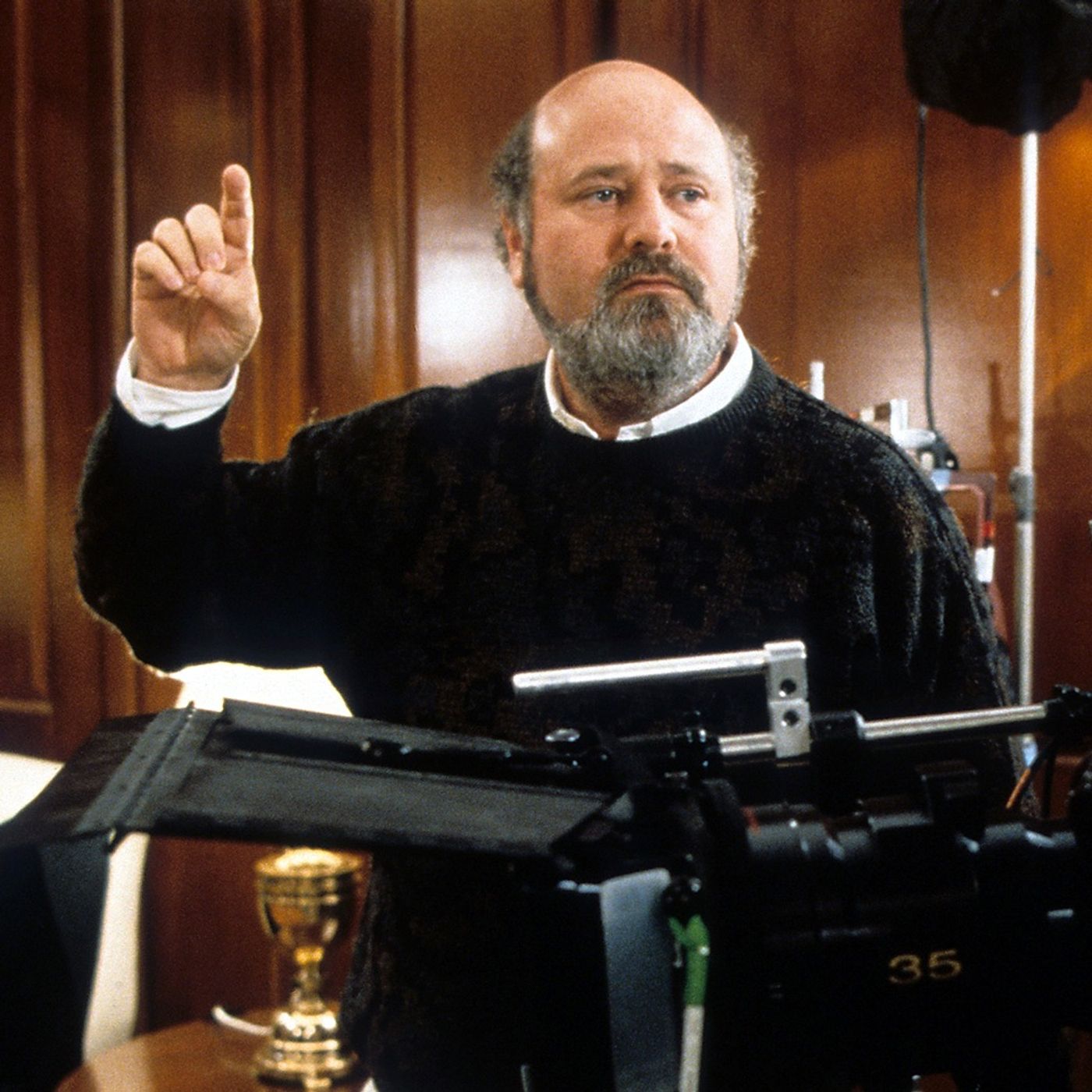‘Modern Love’: How to Keep Love Alive, With Rob Delaney of ‘Dying for Sex’
When we meet Rob Delaney’s character, “Neighbor Guy,” in FX’s limited series “Dying for Sex,” he’s scarfing down a burrito in an elevator, dripping food on his face and the floor. But Delaney’s performance reveals that under Neighbor Guy’s messy exterior is a man capable of deep vulnerability and empathy.
“Dying for Sex” follows a woman named Molly, played by Michelle Williams, who is dying of cancer and desperate to experience sexual pleasure before it’s too late. At first, Molly thinks Neighbor Guy is disgusting, but the two soon discover they make sense together, sexually and emotionally. Williams and Delaney received Emmy nominations for their roles.
On this episode of Modern Love, Delaney tells host Anna Martin why exposing the messy and painful parts of ourselves to other people can be rewarding and hilarious. He talks about tending his own relationship and reads a Modern Love essay about a couple who decides to try some role play to avoid getting too comfortable with each other.
For more Modern Love, search for the show wherever you get your podcasts. New episodes every Wednesday.
“Dying for Sex” follows a woman named Molly, played by Michelle Williams, who is dying of cancer and desperate to experience sexual pleasure before it’s too late. At first, Molly thinks Neighbor Guy is disgusting, but the two soon discover they make sense together, sexually and emotionally. Williams and Delaney received Emmy nominations for their roles.
On this episode of Modern Love, Delaney tells host Anna Martin why exposing the messy and painful parts of ourselves to other people can be rewarding and hilarious. He talks about tending his own relationship and reads a Modern Love essay about a couple who decides to try some role play to avoid getting too comfortable with each other.
For more Modern Love, search for the show wherever you get your podcasts. New episodes every Wednesday.
Press play and read along
Transcript
Transcript is processing—check back soon.
The Daily — ‘Modern Love’: How to Keep Love Alive, With Rob Delaney of ‘Dying for Sex’





